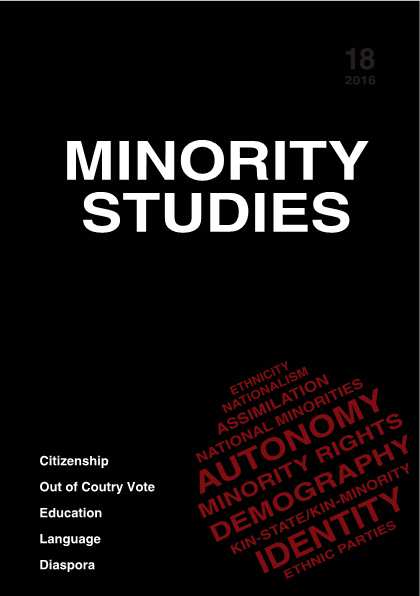Does Ethnic Proximity Foster Radical Nationalism?
Does Ethnic Proximity Foster Radical Nationalism?
Author(s): Gábor HarrachSubject(s): Ethnohistory, History of ideas, Transformation Period (1990 - 2010)
Published by: Lucidus Kiadó
Keywords: nationalism;
Summary/Abstract: This study explores the correlation between the presence of certain minorities and the radical nationalism that emerged in Central Europe after the collapse of the Communism. In other words: how and to what extent does the local proportion of a minority population, which became the target of xenophobic sentiments – and which are referred to hereinafter as enemy group or primary enemy group –, influence the local support for xenophobic nationalism? To measure the latter one, the local proportions of votes for radical nationalist parties are examined as an indicator of xenophobic nationalism in this paper, accurately, for those parties (hereinafter: indicator parties) whose opposition to a given enemy group is the focus of their policy or speech, or which are identified by their supporters as a party having the previous criterion. In order to analyse this supposed relation, we select those legislative elections in which these kinds of parties participated and, in which the results represent properly the sought attitude-group (see more details in the methodological section).
Journal: Minority Research
- Issue Year: 2015
- Issue No: 18
- Page Range: 183-196
- Page Count: 14
- Language: English

